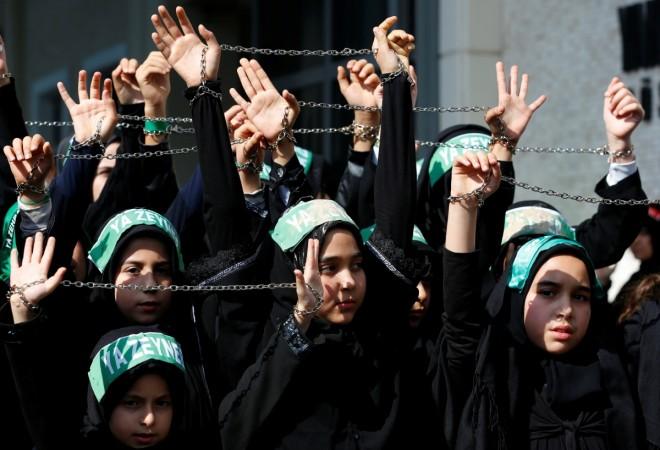
The Turkish government on Tuesday withdrew a bill that could have pardoned men who sexually abused teenage girls if they married the victim.
Prime Minister Binali Yildrim and his government faced stiff opposition and protests in the country's streets and criticism from international communities over the proposal of such a bill. Allowing the bill to go through would have made marital rape of underage girls and child marriage more acceptable.
The bill was pulled before it went for a final vote in the parliament, which is ruled by President Recep Tayyip Erdogan's AK Party.
The United Nations had also called on Turkey to not give its nod to the bill since it would hamper the country's efforts to fight sexual abuse and child marriage.
"Any forms of sexual violence against children are crimes which should be punished as such," the UN children's agency UNICEF and four other UN agencies in Turkey said in a joint statement on Monday.
The government had argued that the idea was proposed to acquit men who were in jail for marrying underage girls with the family's consent. The legal age of consent in the country is 18. According to Turkish Philanthropy Funds, a non-profit organisation, at least 40 percent underage girls are forced into marriage in Turkey. However, another non-profit Girlsnotbrides pegs the number at 15 percent girls under the age of 18. However, they said on their website that the rate is not indicative of the real numbers since most of them are unregistered as it is illegal.
The Syrian crisis has also contributed to the increase in the number of child brides in the country. With more and more Syrians fleeing to the European country, an increasing number of younger aged girls are getting married.
A UNHCR survey from 2014 revealed that the average age of marriage for Syrian refugee girls in Turkey was between 13 and 20 years. The primary reason cited by many respondents was a lack of money.

















